Exchange 2023
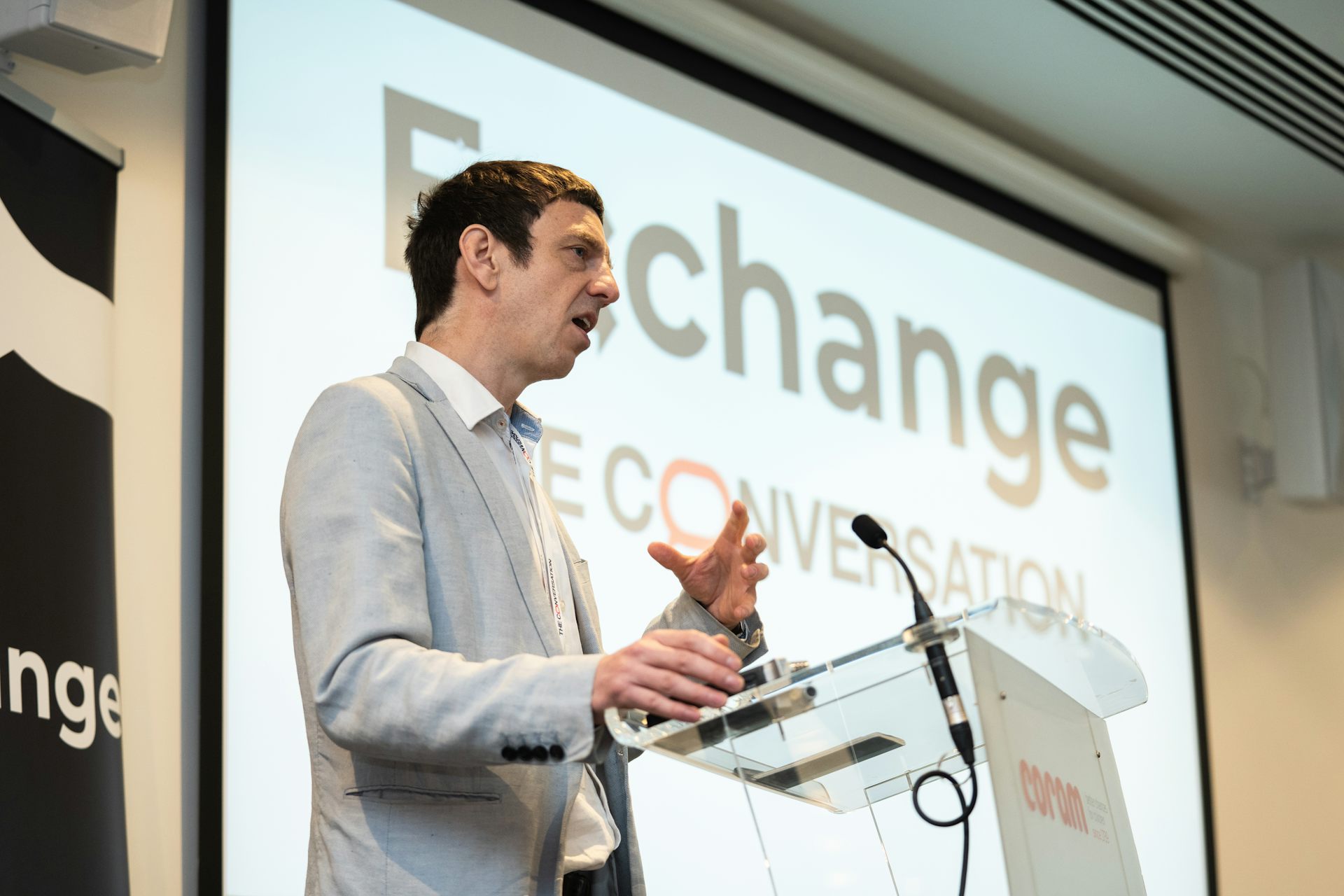
The second Exchange from The Conversation took place on June 30, returning to Coram in central London for a day of talks, panel discussions and networking.
1. The impact of AI on communications in UK higher education + Q&A
Keynote speaker was communications and analytics specialist Andrew Bruce Smith. Chair of the CIPR's AI in PR panel and co-author of its recent report on the subject, Andrew talked broadly to a full house about the potential that chatGPT and other AI tools hold, giving many examples of ways to deploy AI across a range of uses and disciplines.
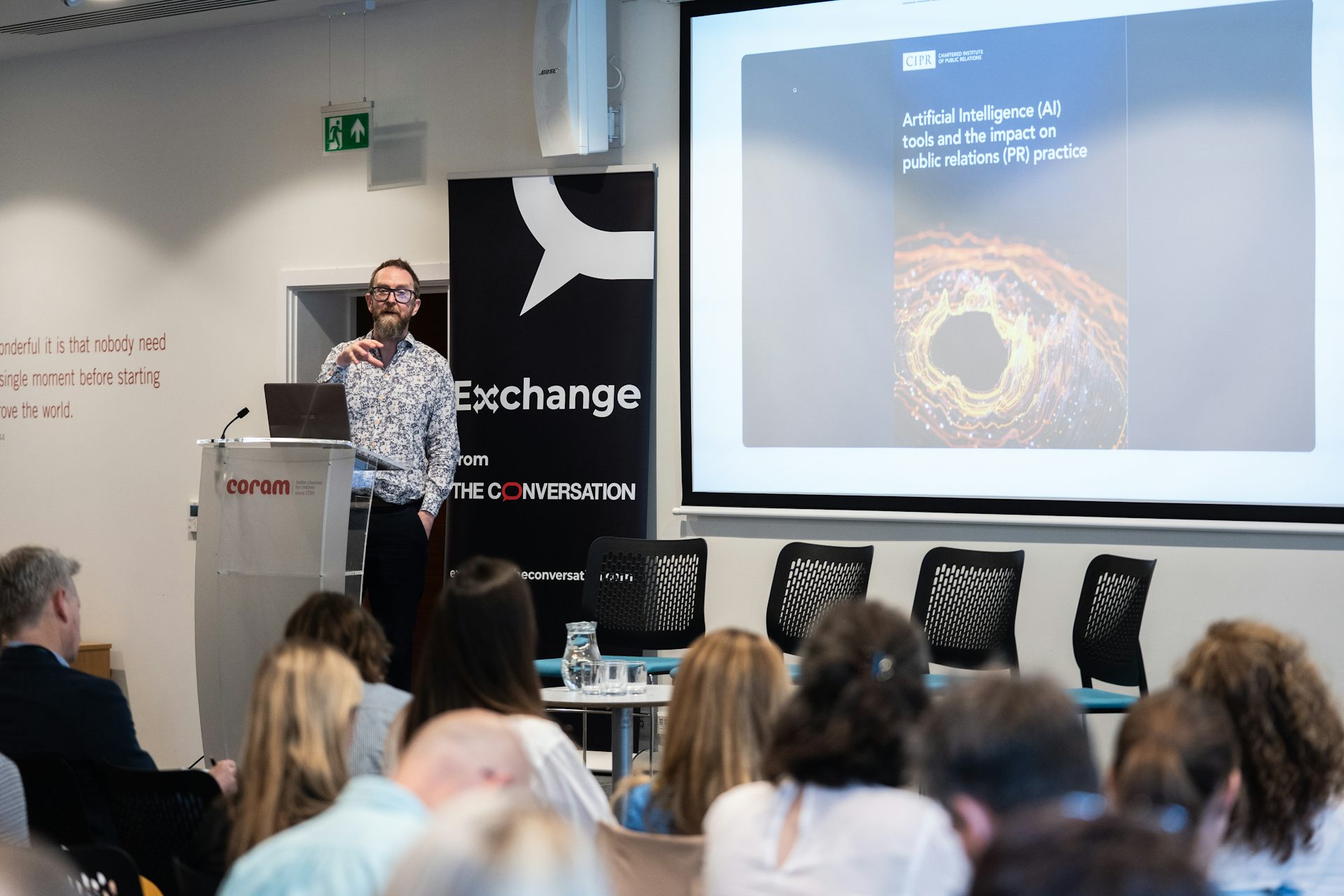

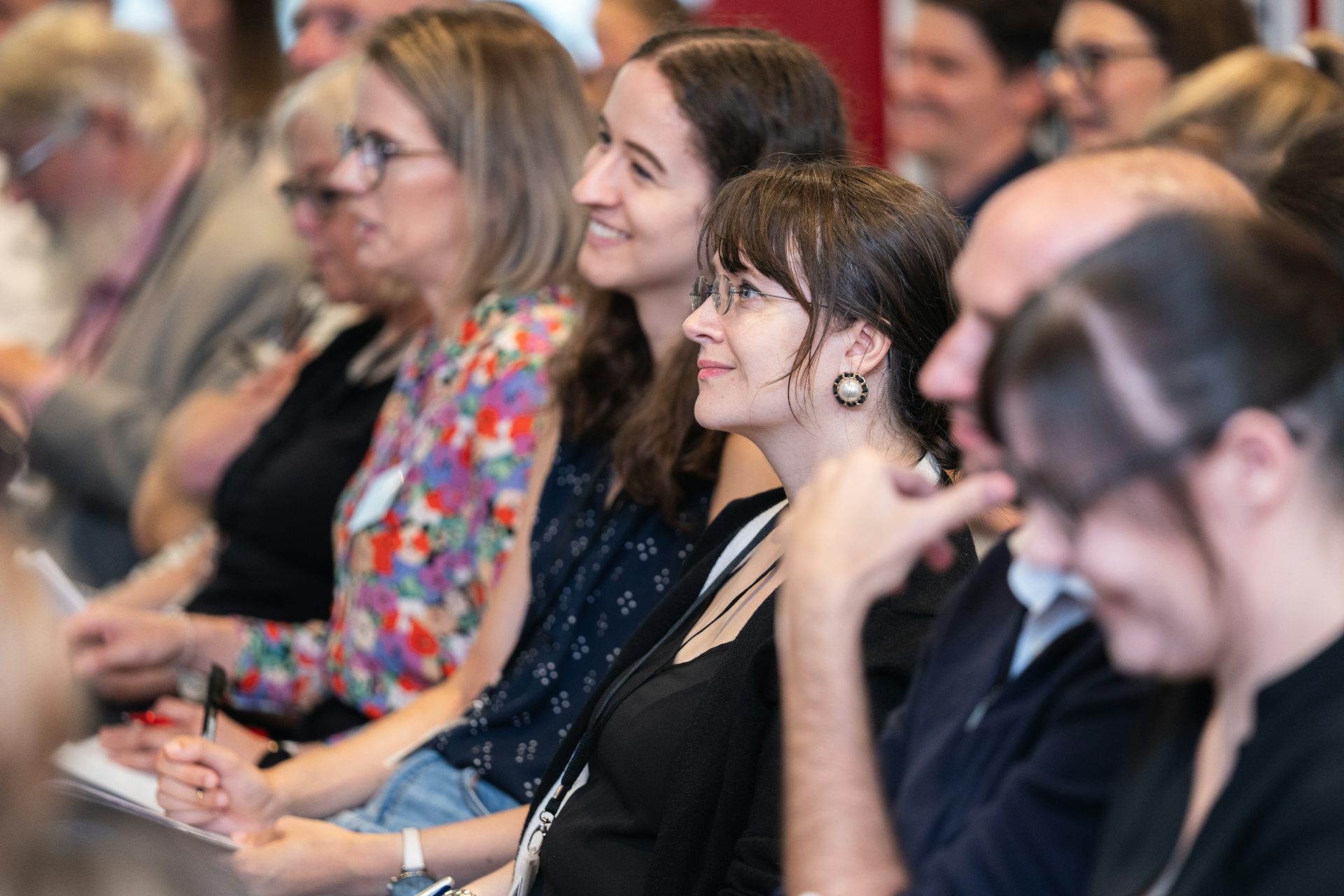
Session recording:
Andrew Bruce Smith on use of AI in PR
Read Andrew Bruce Smith's presentation2. Social media strategies for universities
The first panel discussion of the day was on how university communications teams use social media, and strategies to maximise the benefits social platforms can bring to research communications, student engagement and other areas. On the panel were Amy Mollett, Head of Social Media and AV at the University of Cambridge, Will Ockenden, Director of Prohibition PR, a public relations agency based in Leeds, and Lina Filippidi, Head of Social Media at the London School of Economics.





Session recording:
3. Universal Impact: delivering research impact and connecting research to audiences
In our second room, Managing Director Matt Warren and Senior Consultant Adam Smith introduced Universal Impact, a sister company to The Conversation that specialises in research communications and impact generation, impact training and specialised editorial support, such as writing for policy makers. Since launch in 2019, Universal Impact has grown and worked with many universities, including The Conversation's members, and Matt and Adam provided an overview of how Universal Impact's support can help research/impact teams to develop the research under their watch.
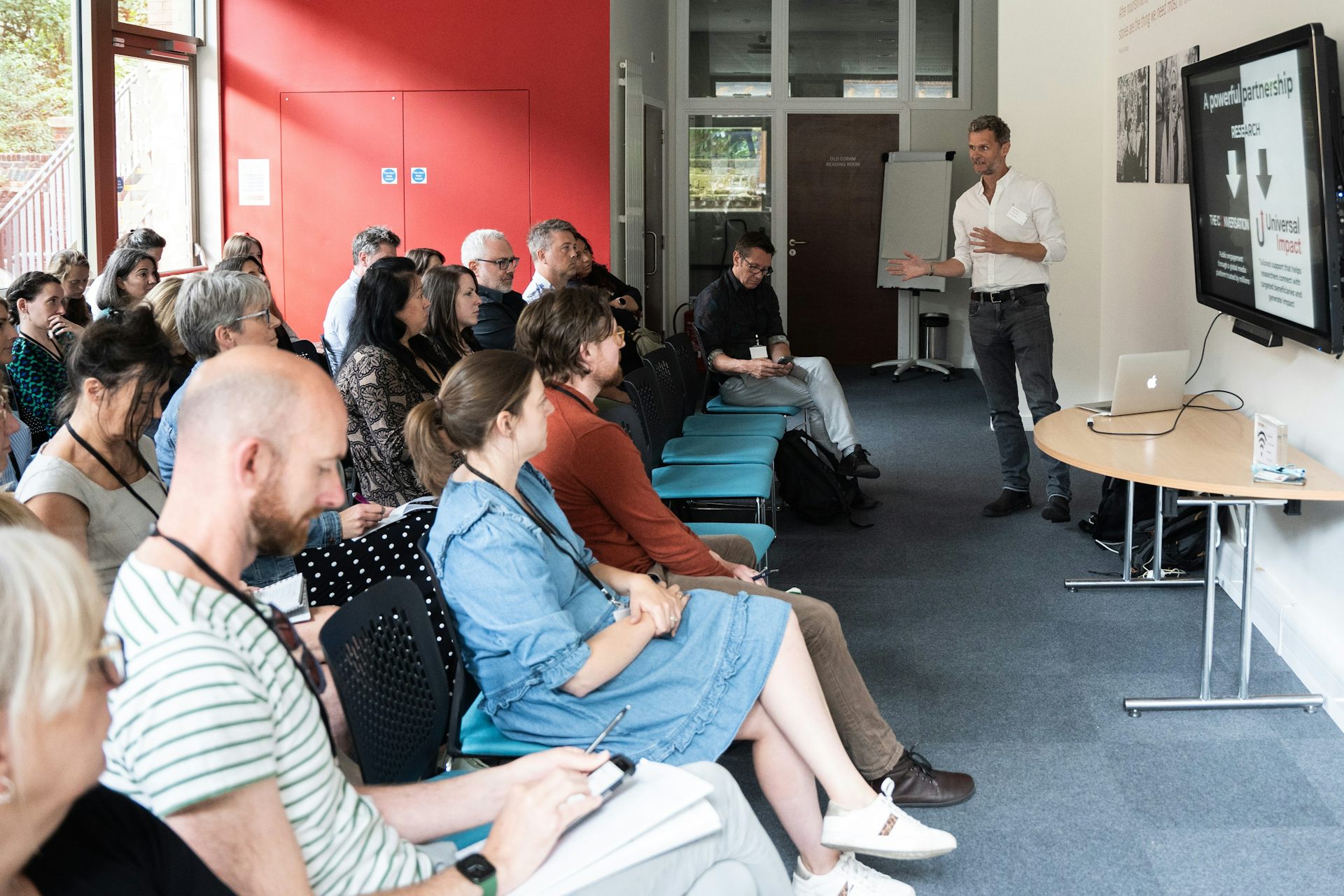
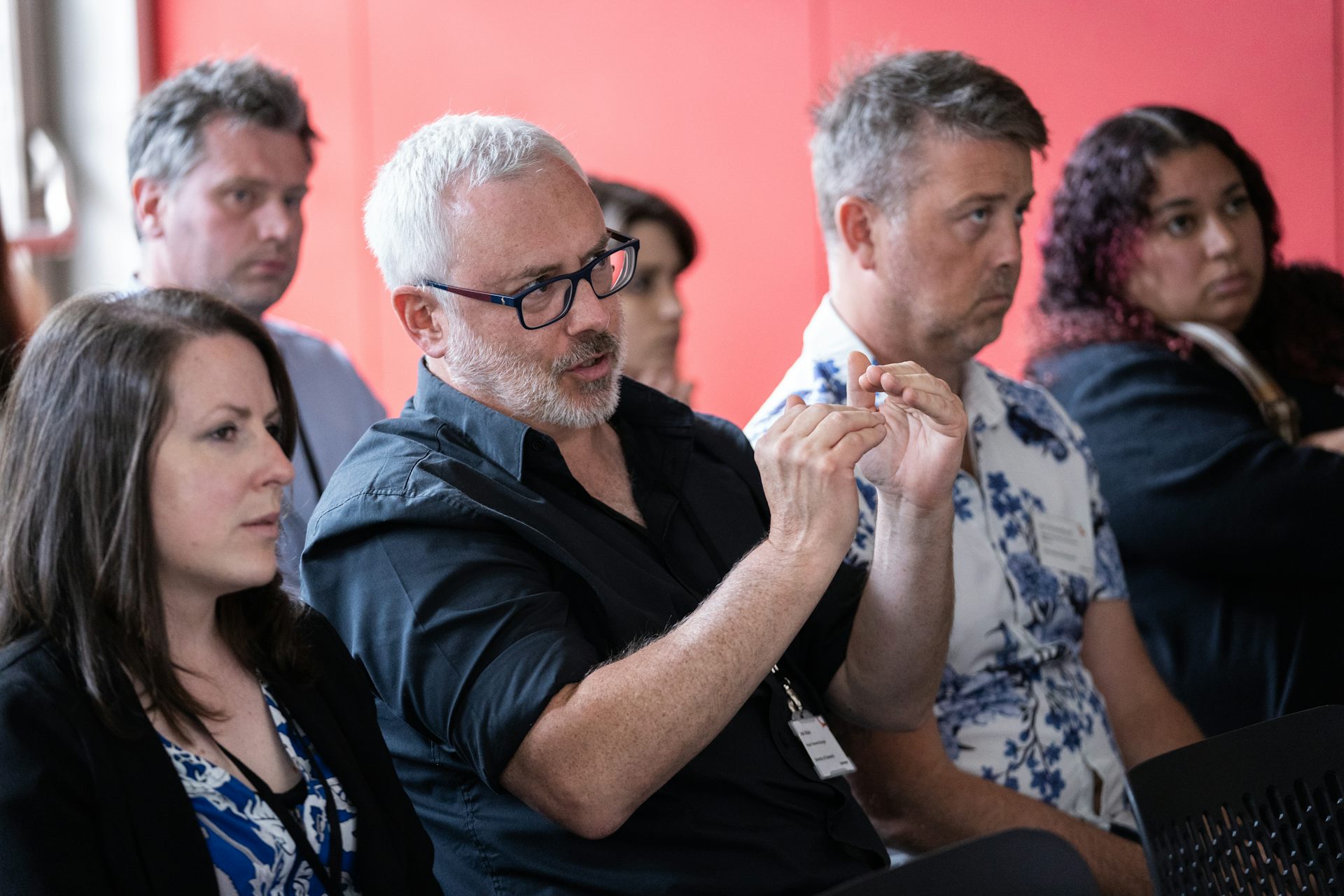
Introducing Universal Impact
Download the presentation4. Championing impact within universities
After a break, our second panel discussion focused on how to build an impact culture and how to 'champion' the necessities of impact evidence gathering and impact generation among researchers. Our panellists were Julie Bayley, Director of Research Impact Development at the University of Lincoln and author of a new book on impact culture, Alexis Dewaele, Senior Lecturer and coordinator of PSYNC interdisciplinary consortium at the University of Ghent, and impact consultant Antony Atkin, formerly the Research Impact Manager for the University of Reading.

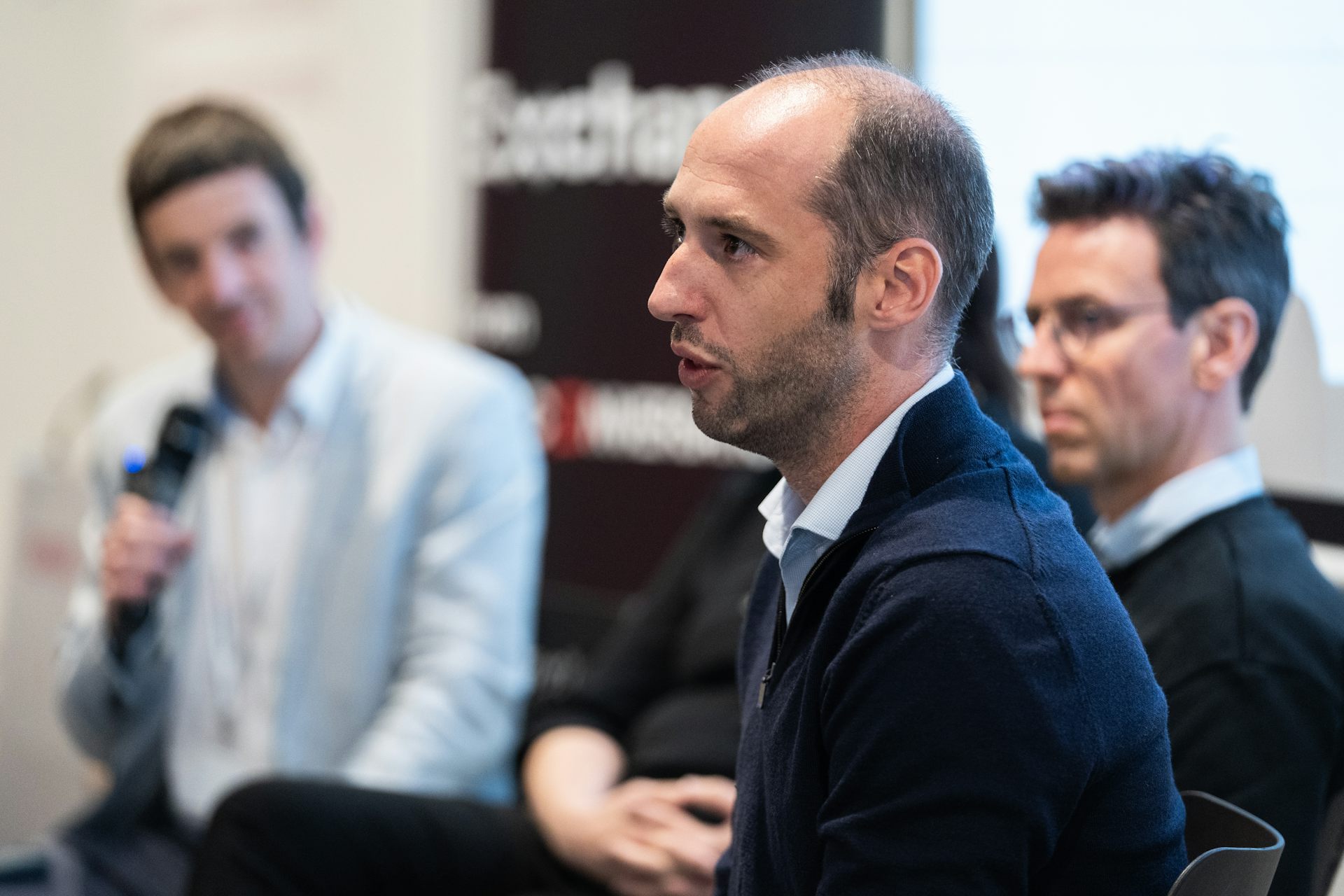

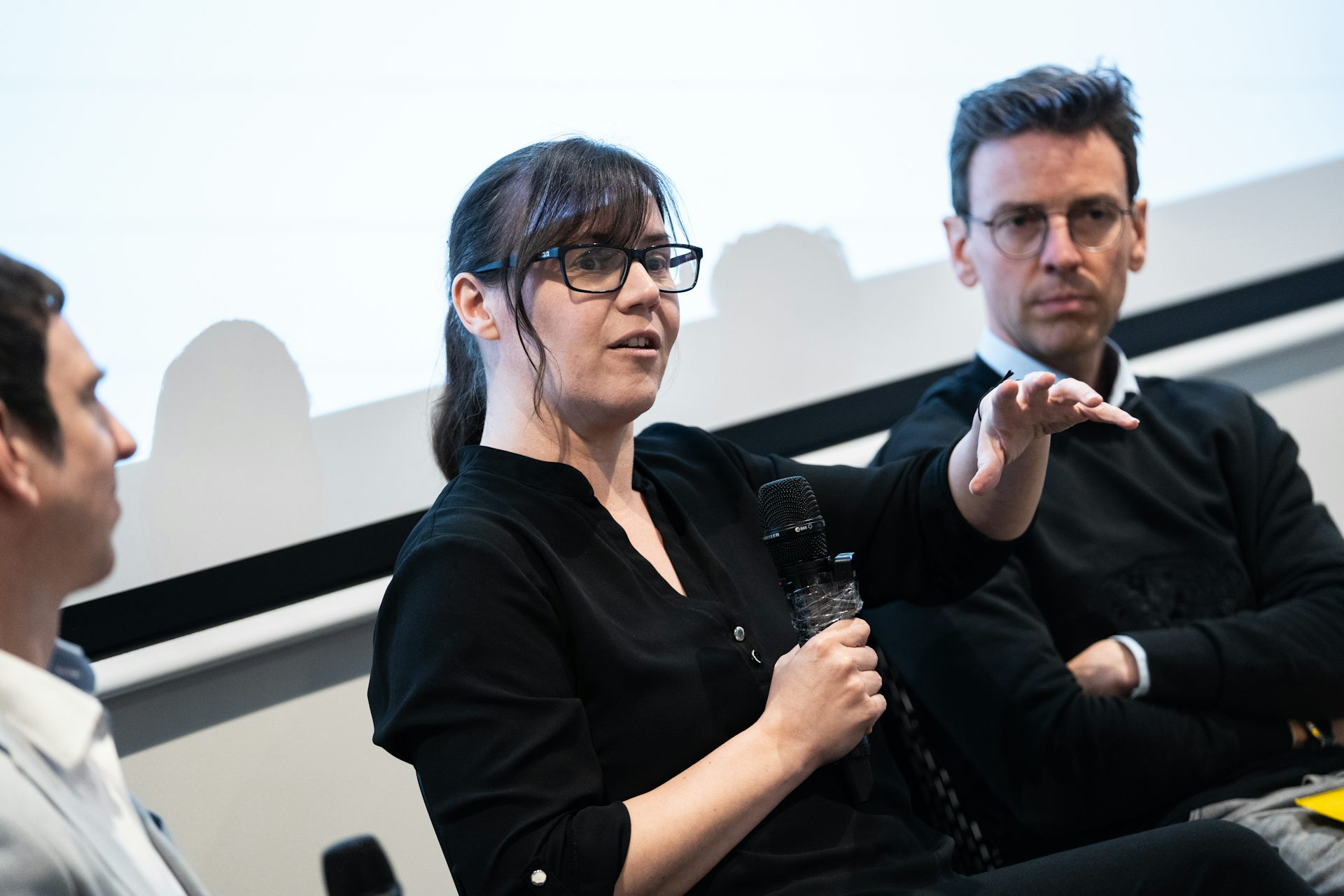


Session recording:
5. Audience-led commissioning and how The Conversation is using it
Avery Anapol, Commissioning Editor at The Conversation and the lead editor on the Quarter Life strand of content aimed at young professionals, introduced audience-led commissioning approach that The Conversation has drawn upon via the Table Stakes programme, and explained how this approach led to the creation of Quarter Life, and the effect that this greater targeting of a particular audience has had on readership.


Audience-led commissioning at The Conversation
Download the presentation6. Why do academics choose to communicate their work? Insights from early career researchers
Our final guest speaker was Anthony Watkinson, Principal Consultant at CIBER Research, who discussed the results of the Harbingers study, which looked at a cohort of early career researchers over many years to discover their reasons and motivations for writing research and sharing research outside academia.

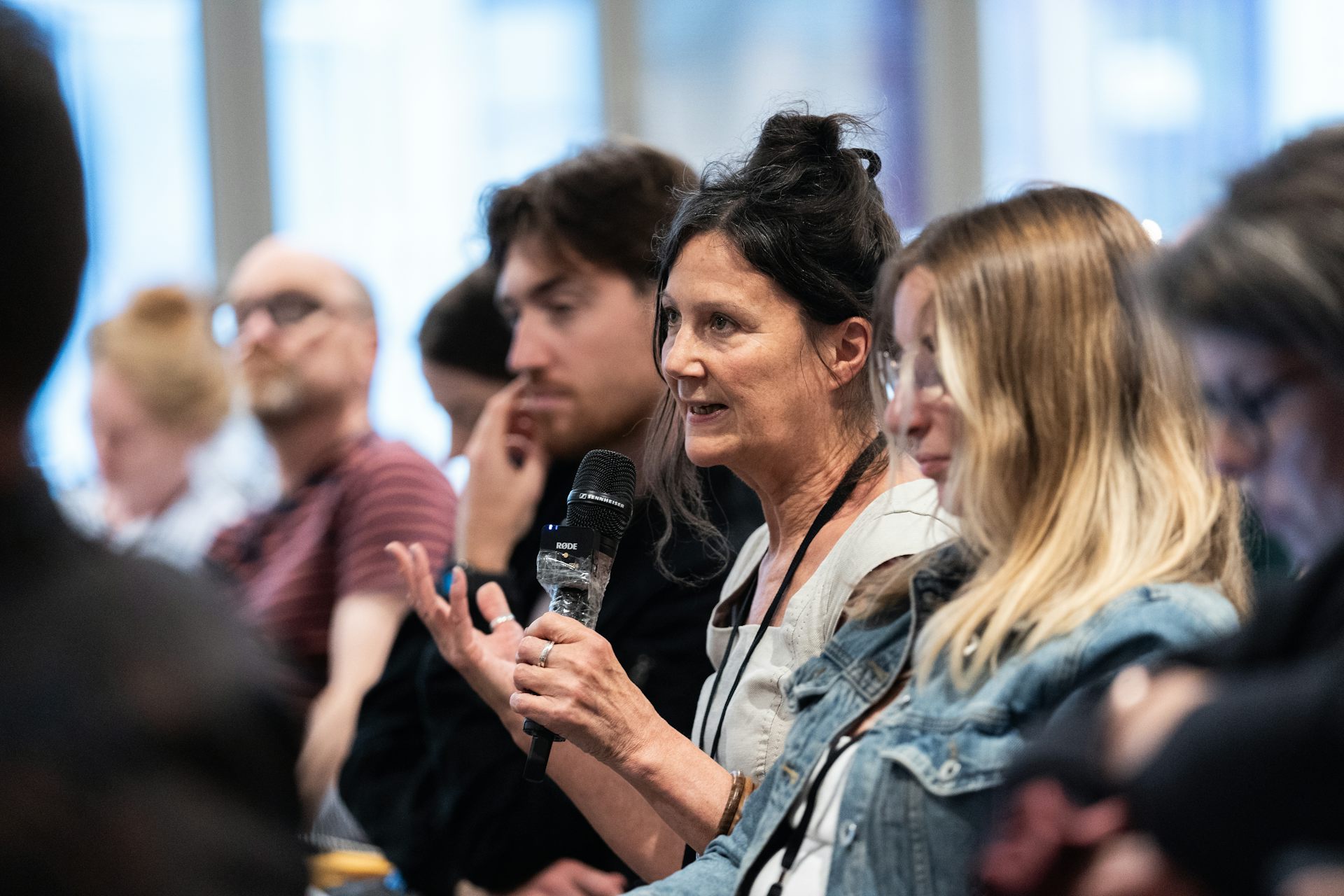

Why (how) academics choose to communicate their research
Download the presentation7. Media impact workshop
In the last session of the day, The Conversation's Membership Editor, Michael Parker, talked directly to the subject of how university communications and research impact teams might work more closely together, given they are targeting roughly the same aim, but going about it in parallel rather than in collaboration.
The discussion continued in five break-out groups which reported back their suggestions.
Media impact discussion + workshop
Download the presentation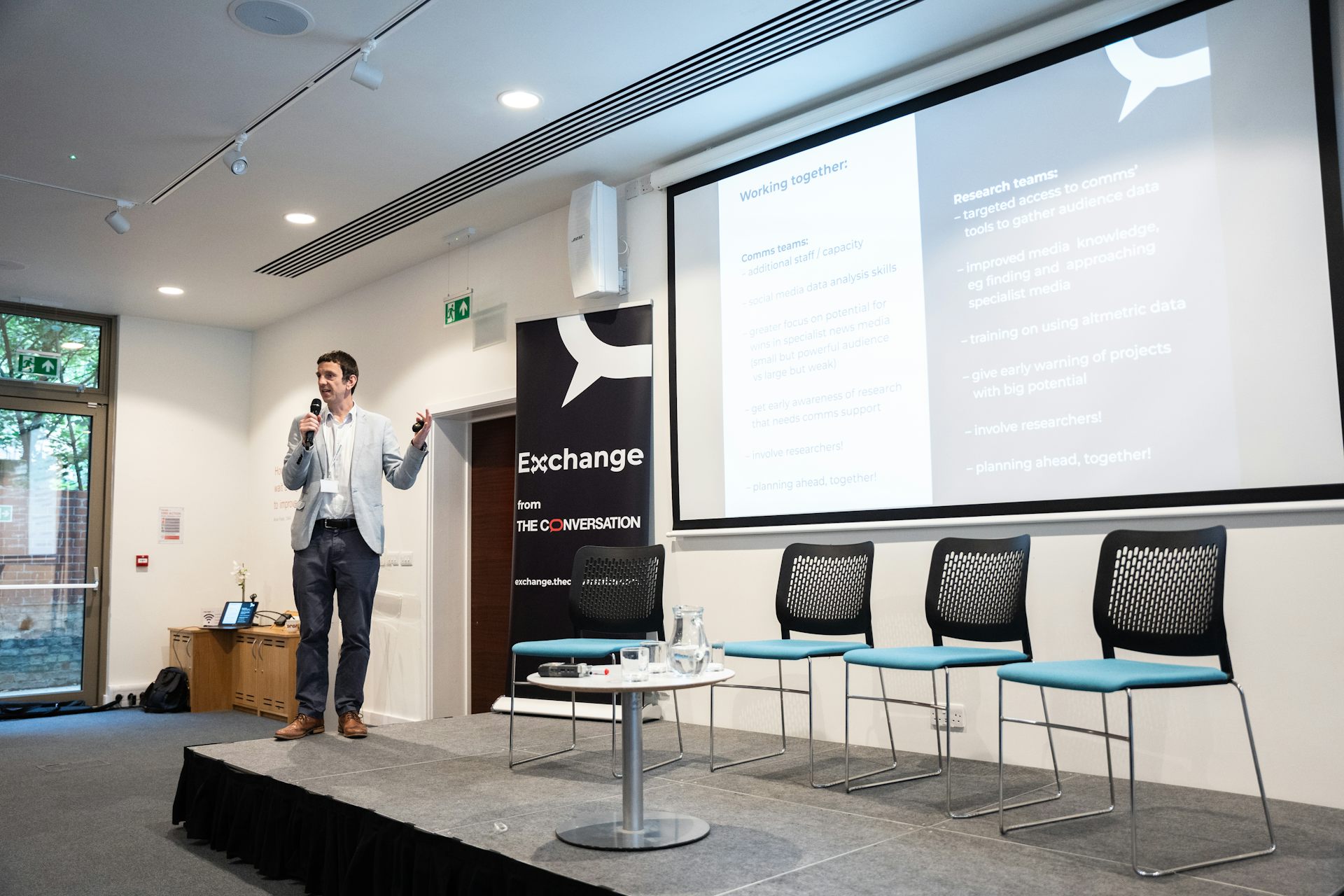
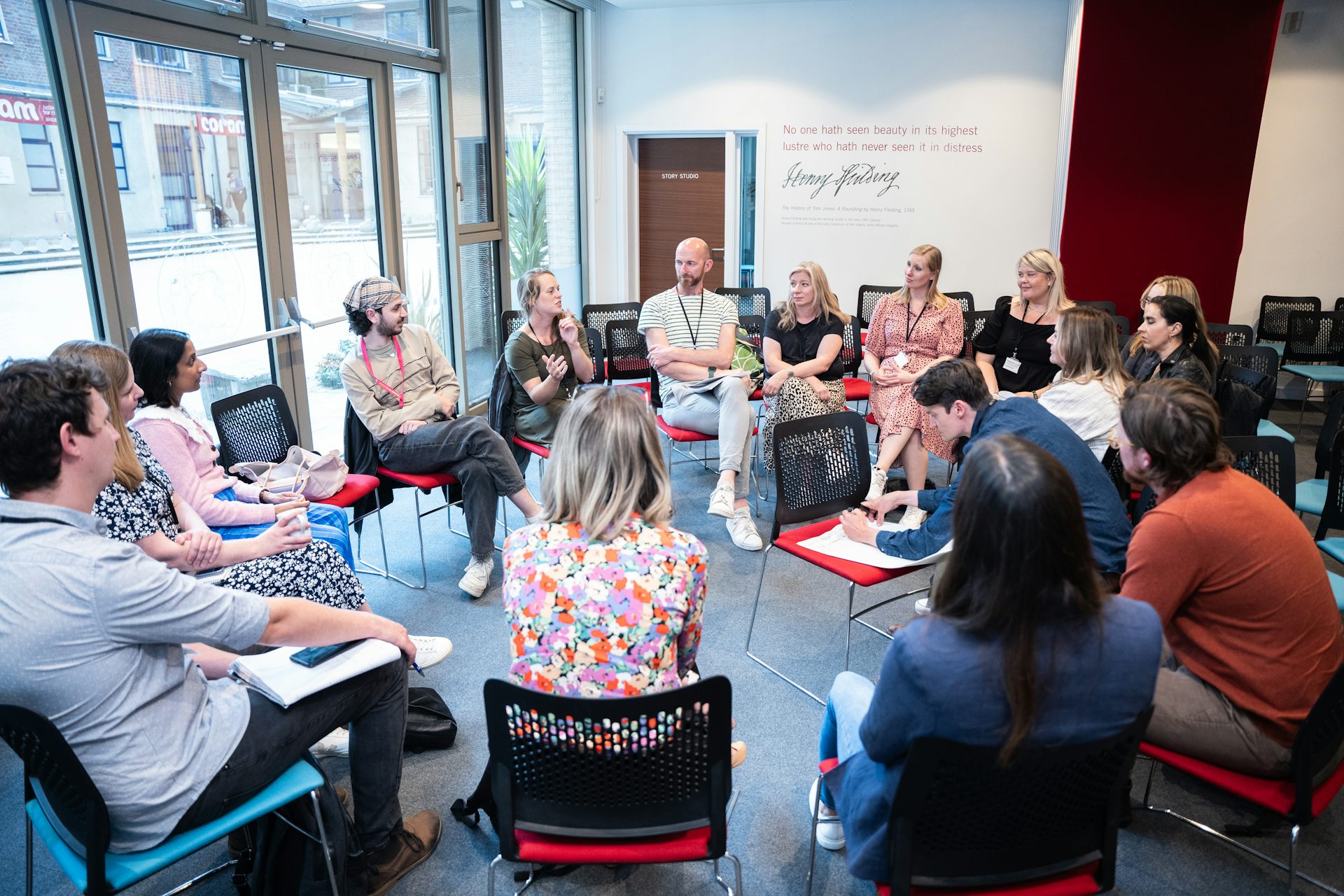

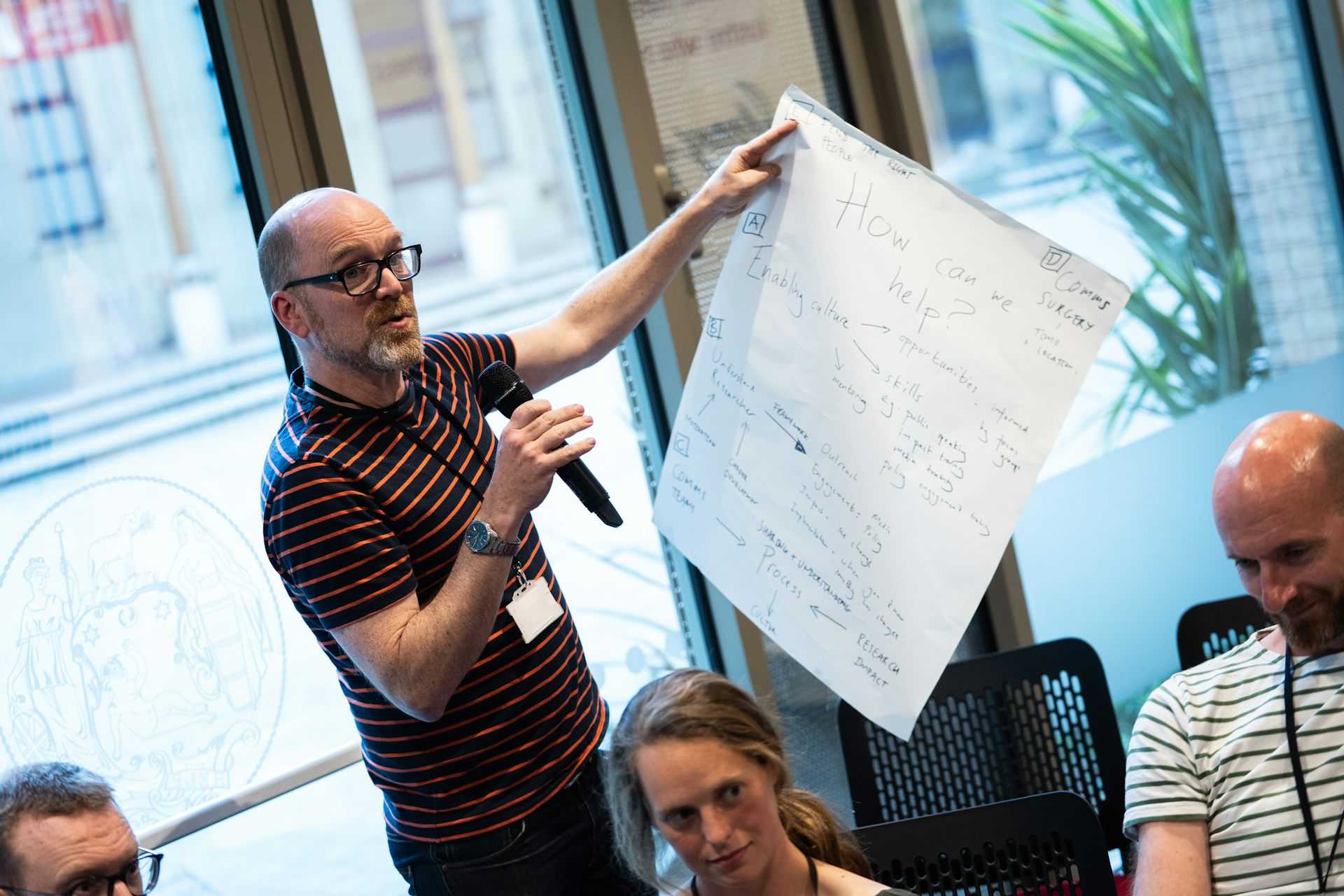
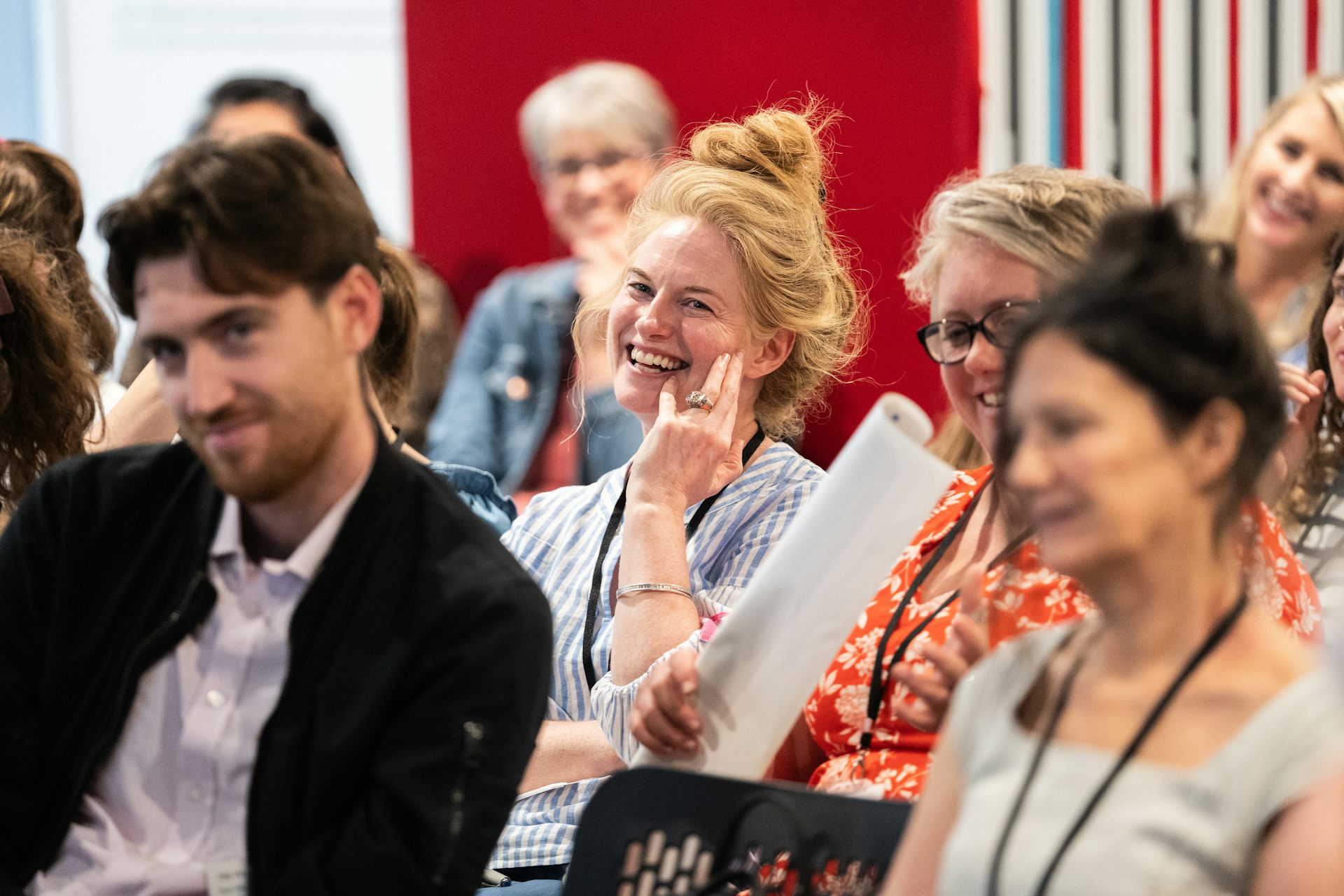

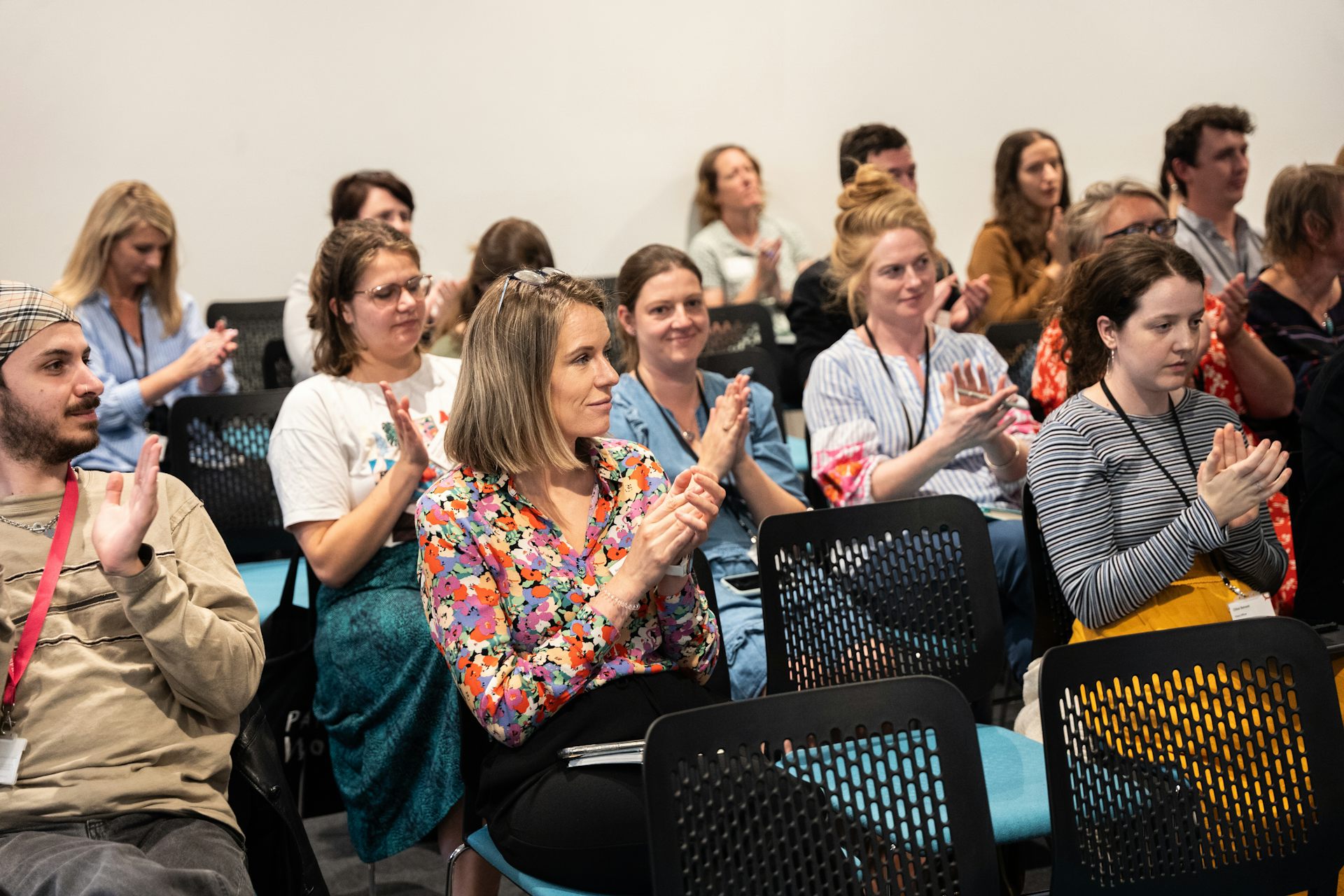
8. Social drinks and networking
Wrapping up the day, the conference broke for refreshments and an opportunity to meet colleagues from different departments of the same institution and peers from others.
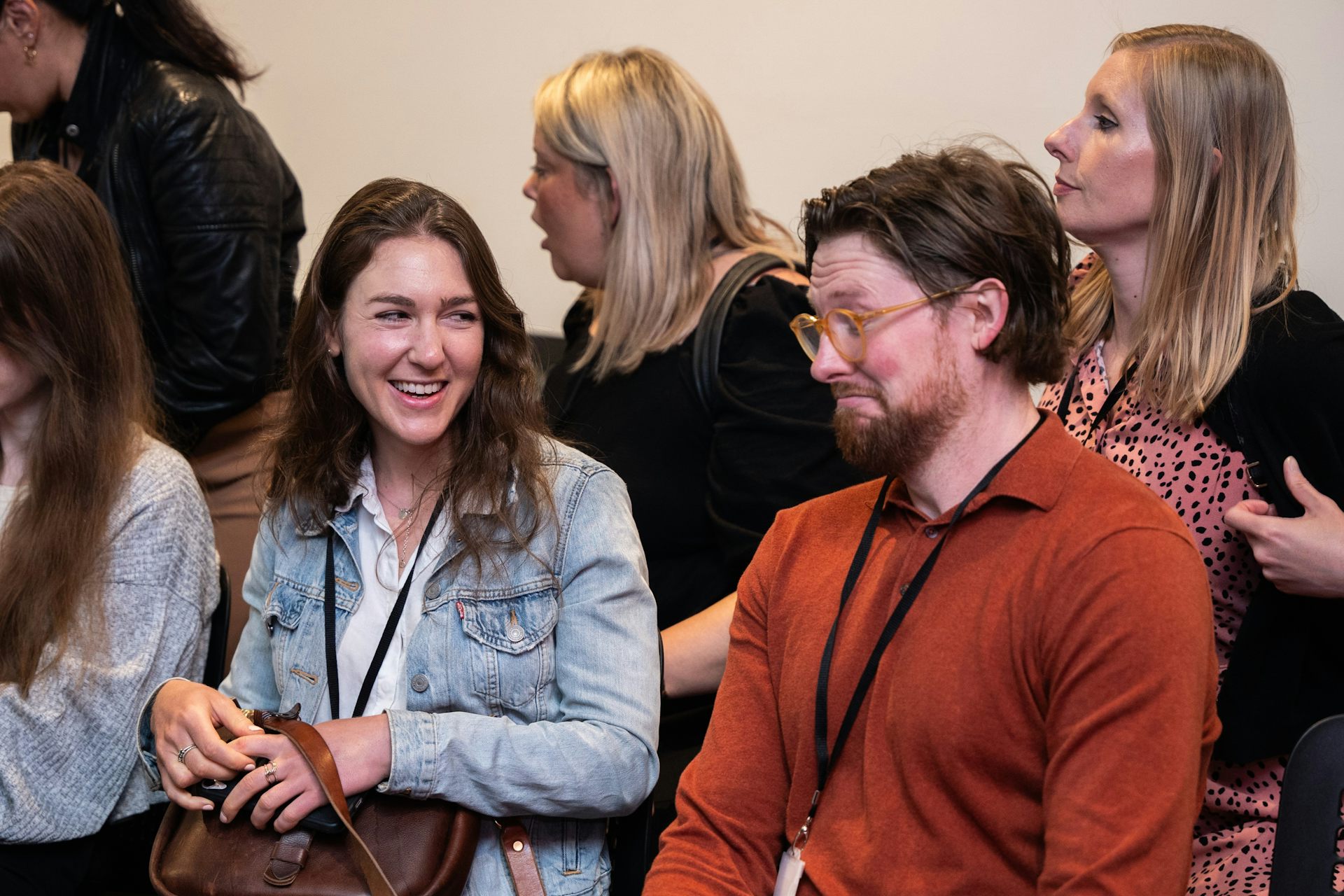
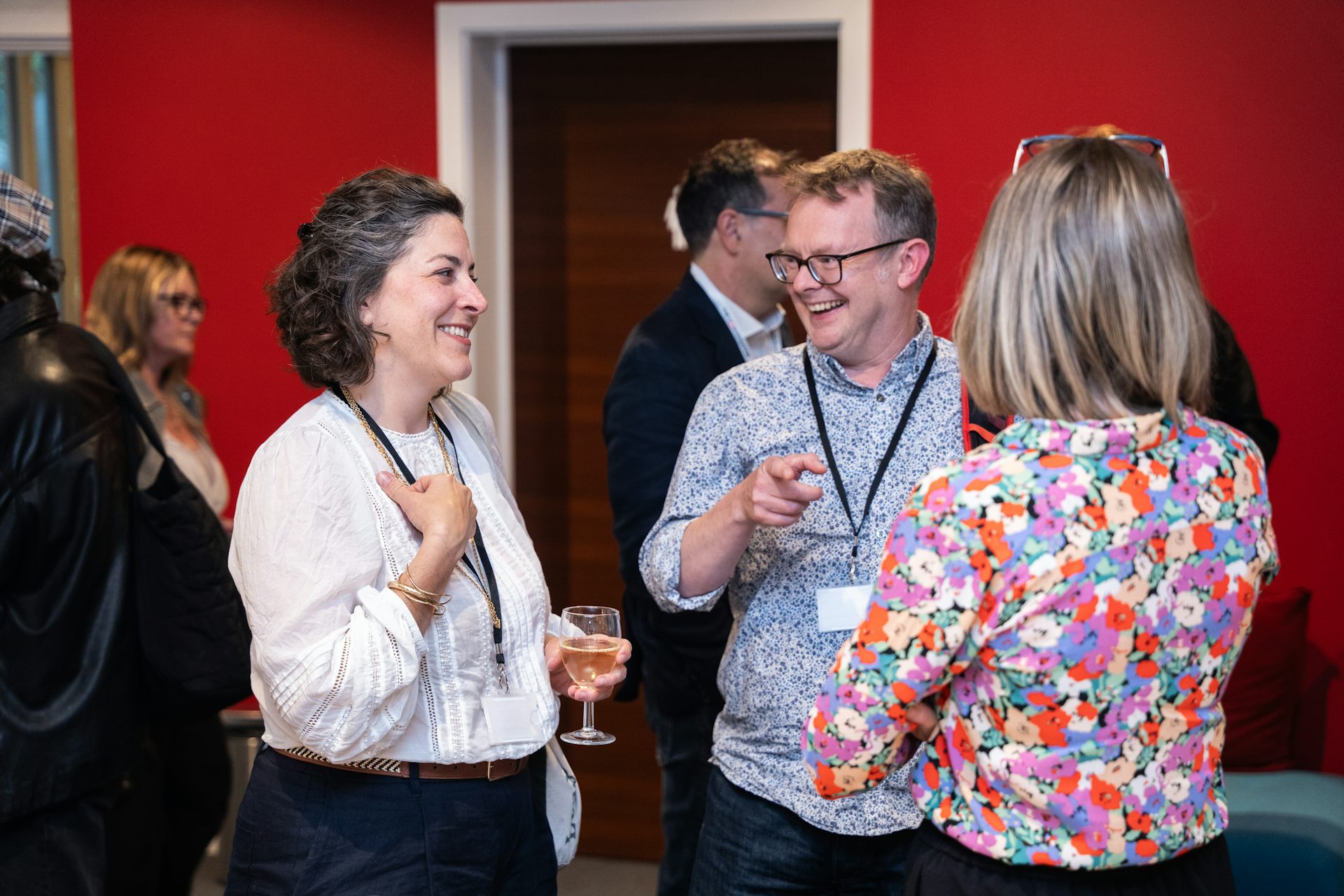
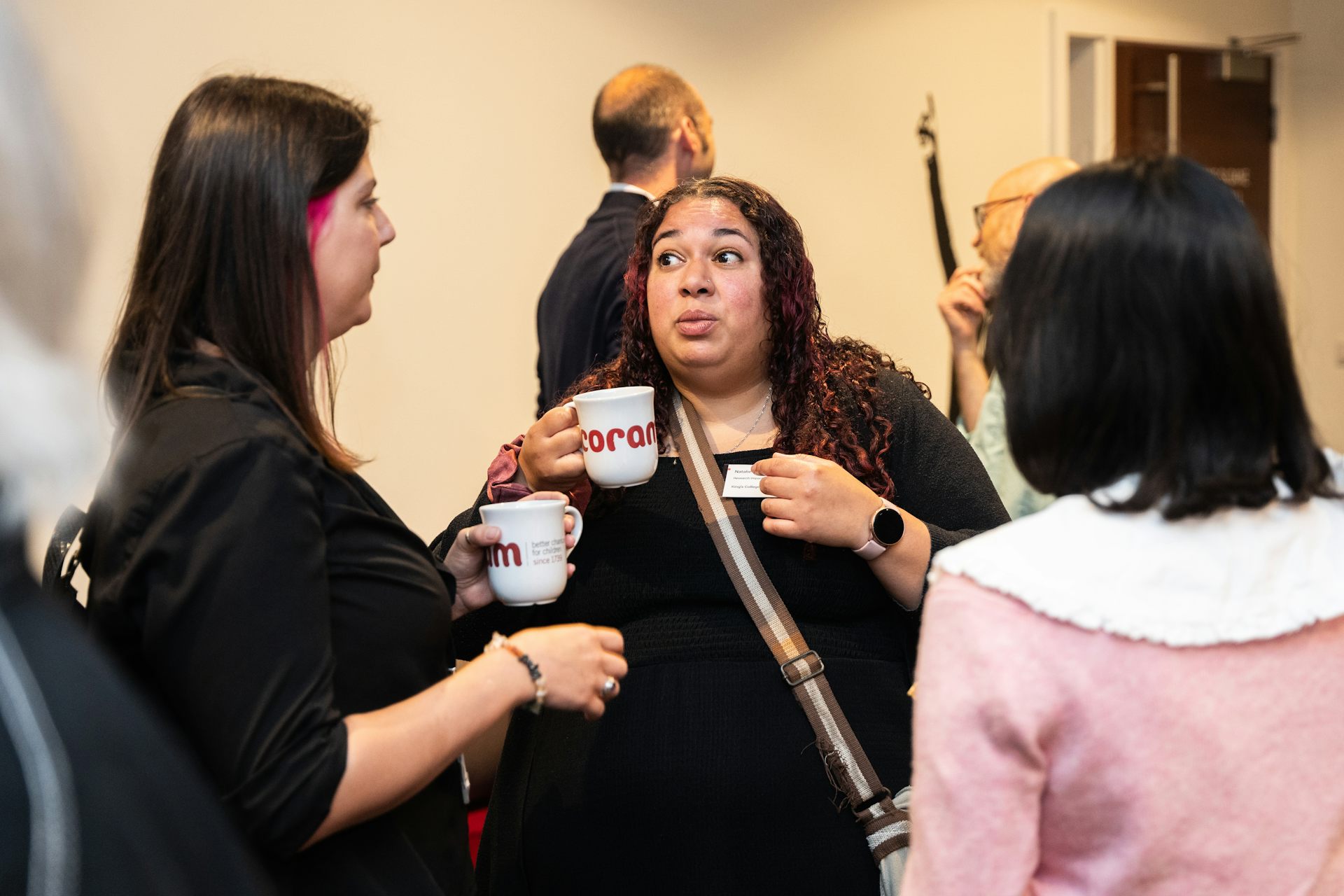
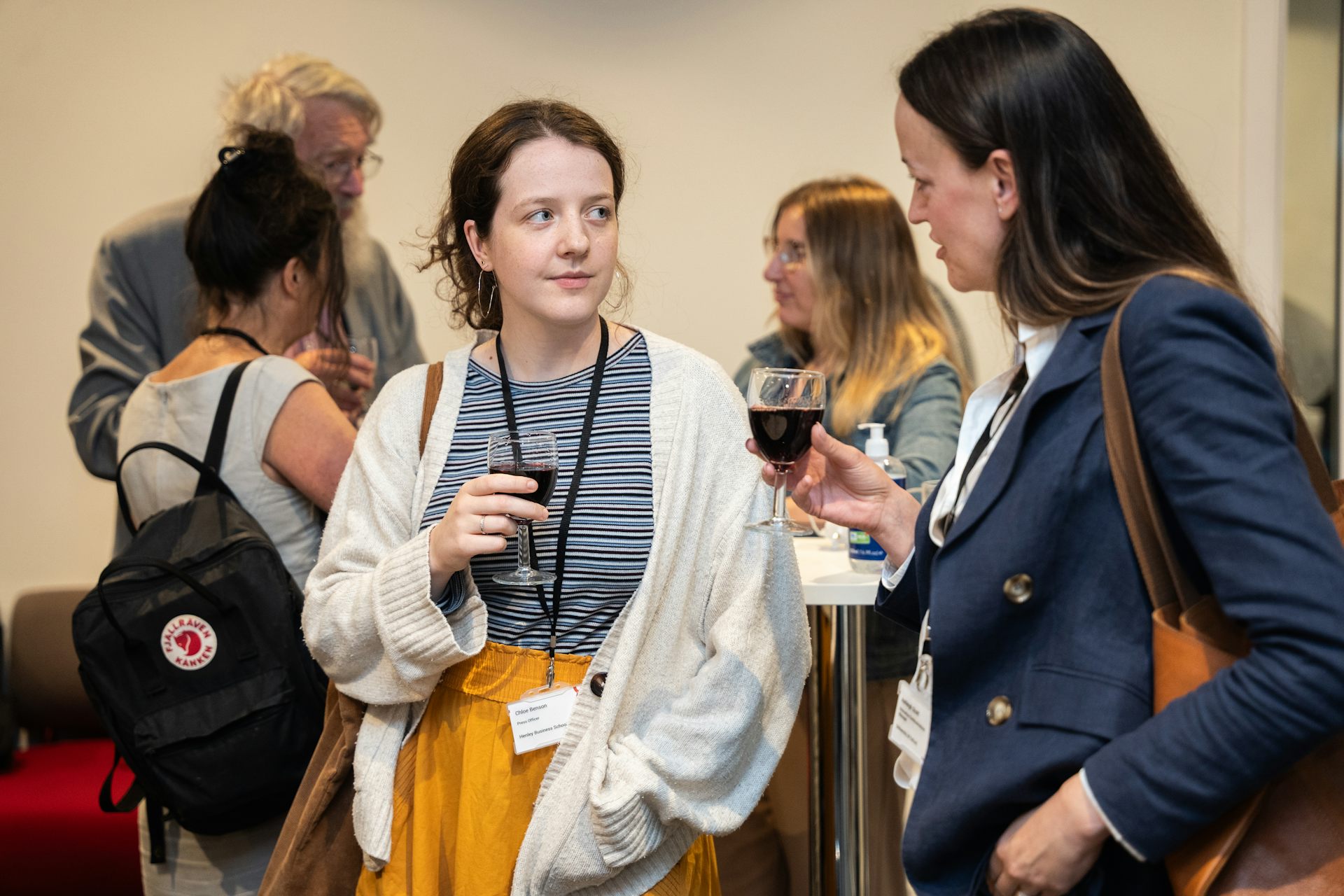

Thank you to everyone that came, to our speakers and panellists, and to all who contributed to discussions and made the day such a success.
See you next year!
Launch event: Exchange 2022
Exchange made its debut on a sunny day in July, with around 80 communications and research staff joining us at Coram, a few minutes walk from Euston and Russell Square stations in central London, for a day of discussions with guest speakers, panel discussions and networking. Read more about Exchange 2022 here.